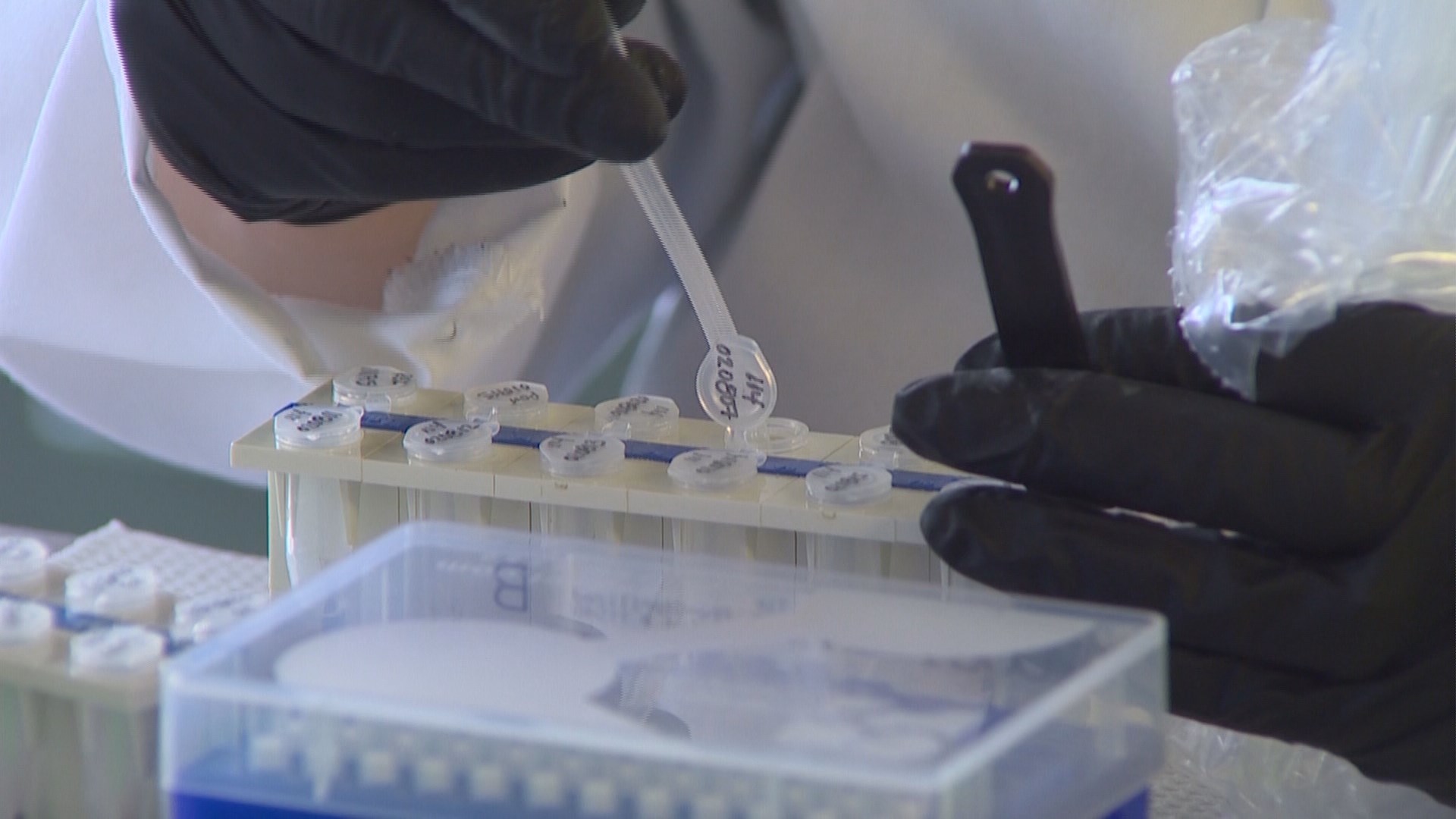TACOMA, Wash. – A Tacoma detective is fighting to change state law to make it easier for law enforcement to solve crimes and bring closure to families.
Detective Lindsey Wade and the families of Jennifer Bastian and Michella Welch have teamed up with State Representative Tina Orwall to put forth SHB 1111.
It would establish the Jennifer and Michella’s Law, which would expand how law enforcement collects DNA. Wade says police are hitting a wall when it comes to collecting DNA evidence.
"We have a complete DNA profile in both cases, in Michella's case, in Jennifer’s case, of the suspects," Wade said.
In 1986, Jennifer Bastian went missing after she went for a bike ride in Point Defiance Park. Her body was found 24 days later. She had been raped and murdered. A similar crime happened with another girl that year, 12-year-old Michella Welch, also from Tacoma.
“I don't want this person to hurt, harm, kill, wound, sexually molest another person," said Patty Bastian, Jennifer's mother.
Thirty years later police still haven’t found suspects. Wade and Bastian want to change state law to give law enforcement more ways to collect DNA.
"We're paying them to do a job, but we're not letting them do it," said Bastian.

Under Jennifer and Michella’s law, law enforcement would be able to collect DNA from people convicted of indecent exposure.
"When it comes to sex offenders it (indecent exposure) can kind of be a gateway crime or maybe it's something they start out doing and then leads to contact offenses," said Wade.
The law would also allow police to collect DNA from criminals who have died, many who committed crimes prior 1990.
"Those offenders that were committing crimes back in that time frame may not be in the database, especially if they died in prison," said Wade.
Some of the state's most notorious murders and rapists, such as Charles Campbell, are not in the CODIS DNA Database, according to Wade. She says this can make solving crimes and specifically cold cases more difficult.
"They could be responsible for a cold case that law enforcement is spending hundreds of hours working on or a family could be asking, ‘I want answers, and I want to know what happened to my loved one,’" she said.
Those families are like Bastian, who want the law to change so they can have peace.
"If not for these cases, then for perhaps that might happen in your family someday,” said Bastian, “Because none of us are immune."


